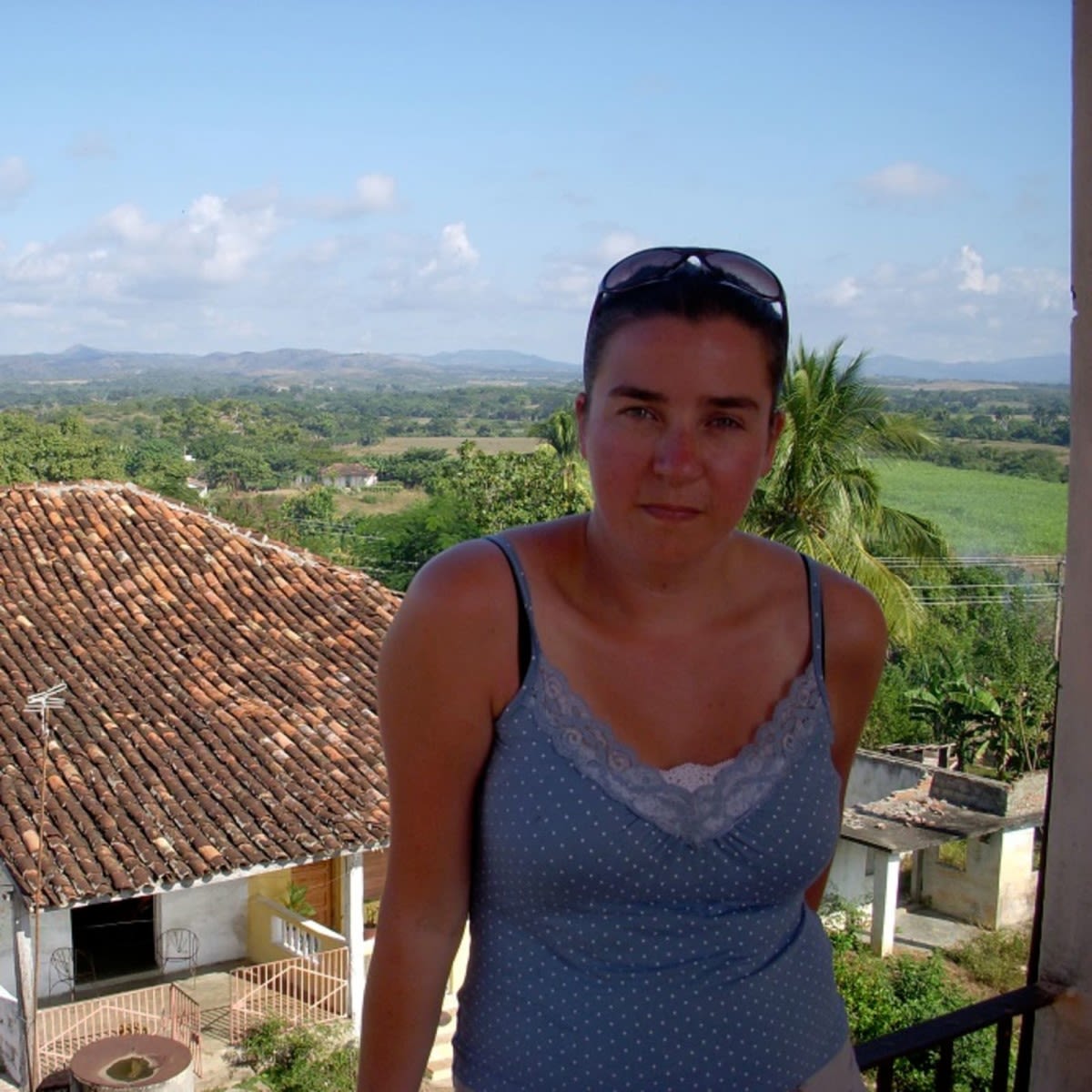Why work soon won’t be a place, but a way of doing things
I recently had the honour of hosting a series of conversations with business leaders in New York, where we brainstormed what the future of work could look like if it was 100% Human (and what might stop us from getting there).
What I found fascinating and unexpected was that several of the conversations got quite philosophical about what ‘work’ actually is, and how our idea of work and how we speak about it is evolving. When people talk about ‘work’ it is now much more common to use words such as purpose and passion, a lexicon that didn’t exist twenty years ago.
We talked about the fact that as children, most of us had one or many ideas of what we want to be when we grow up, and that lots of us aren’t doing what we dreamed about.
When people talk about ‘work’ it is now much more common to use words such as purpose and passion, a lexicon that didn’t exist twenty years ago.
In an 100% Human future, we want a world where employers look to tap into those childhood aspirations and help people live their passion, provide reward systems, governance, and reporting mechanisms that have been completely rethought to place value on human beings.
Our collective vision sees companies that are authentic, transparent, trustworthy, and inclusive. People need to be able to bring their whole selves to work, their real selves, and not be pushed to ‘fit in’.
We need to celebrate difference in everything that we do as organisations, in how we recruit and how we create flexible benefits that work for everyone. Future organisations must broaden their horizons and reach new people, rather than relying on outdated methods such as employee referrals for recruitment, which tend to bring in more ‘people like us’.
People need to be able to bring their whole selves to work, their real selves, and not be pushed to ‘fit in’.
In a 100% Human future, work will be beneficial to our mental health not detrimental. And to that end, we should be intentionally automating to help people, not control them. For many the future of work will no longer be a place, but instead a way of doing things – a way of achieving goals, not so much a place ‘where we sit’.
In many ways these conversations showed me that we know where we want to go, but the question remains, how do we get there? How do we change our defaults when we are no longer in crisis mode?
In my mind it will be critical that we learn and develop the answers in collaboration, not competition. I hope that movements like 100% Human at Work will be able to play a role in bringing businesses together to test and experiment with new ways of working.



